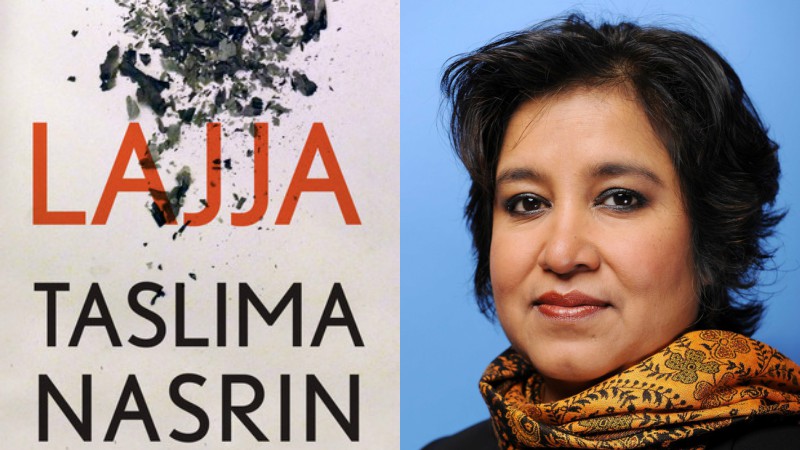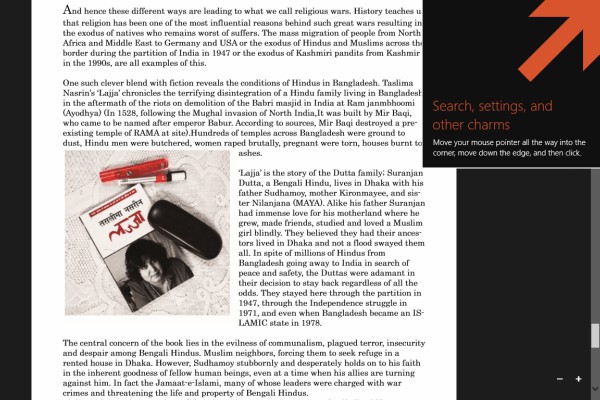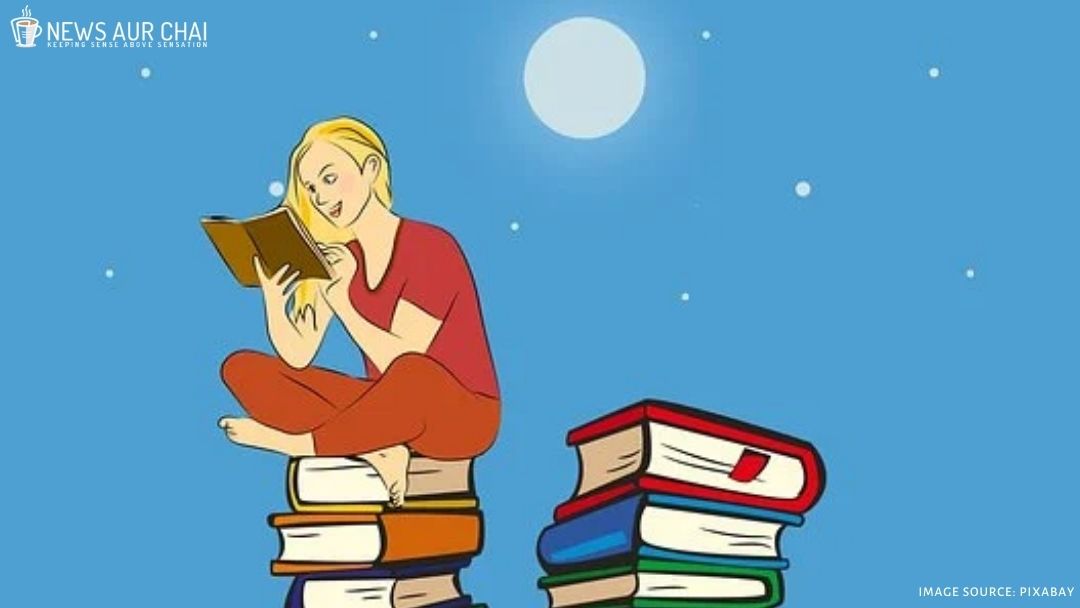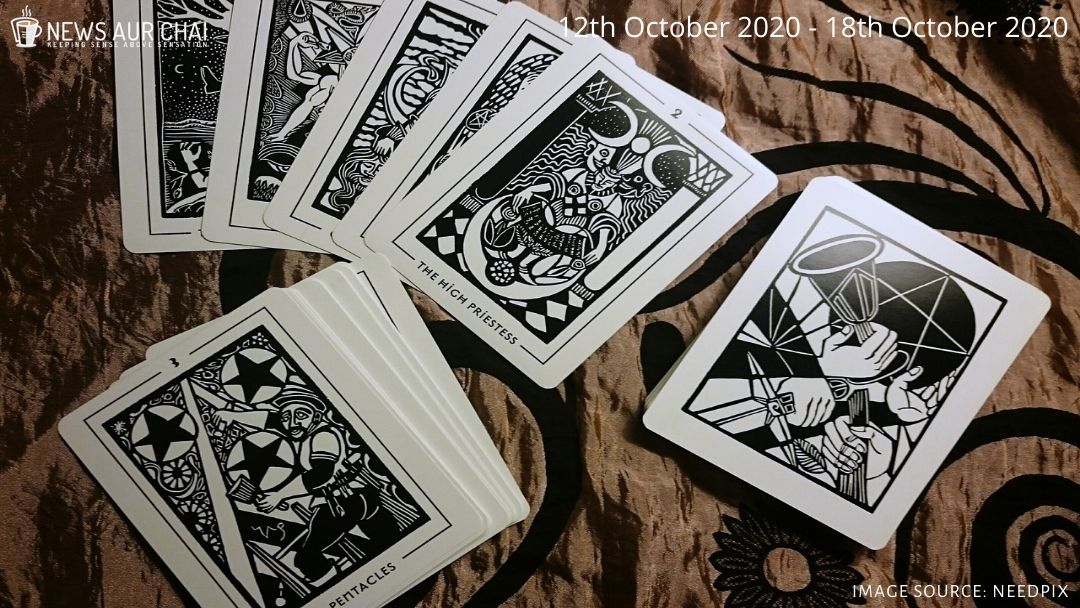There is only one truth, only men describe it in different ways – LAJJA

“There is only one truth, only men describe it in different ways.”
And hence these different ways are leading to what we call religious wars. History teaches us that religion has been one of the most influential reasons behind such great wars resulting in the exodus of natives who remains worst of suffers. The mass migration of people from North Africa and the Middle East to Germany and USA or the exodus of Hindus and Muslims across the border during the partition of India in 1947 or the exodus of Kashmiri Pandits from Kashmir in the 1990s are all examples of this. One such clever blend with fiction reveals the conditions of Hindus in Bangladesh.
Taslima Nasrin’s ‘Lajja’ chronicles the terrifying disintegration of a Hindu family living in Bangladesh in the aftermath of the riots on demolition of the Babri Masjid in India at Ram Janam Bhoomi (Ayodhya) (In 1528, following the Mughal invasion of North India,It was built by Mir Baqi, who came to be named after emperor Babur. According to sources, Mir Baqi destroyed a pre-existing temple of RAMA at the site).Hundreds of temples across Bangladesh were ground to dust, Hindu men were butchered, women raped brutally, pregnant were torn, houses burnt to ashes.
‘Lajja’ is the story of the Dutta family; Suranjan Dutta, a Bengali Hindu, lives in Dhaka with his father Sudhamoy, mother Kironmayee, and sister Nilanjana (MAYA). Alike his father Suranjan had immense love for his motherland where he grew, made friends, studied and loved a Muslim girl blindly. They believed they had their ancestors lived in Dhaka and not a flood swayed them all. In spite of millions of Hindus from Bangladesh going away to India in search of peace and safety, the Duttas were adamant in their decision to stay back regardless of all the odds. They stayed here through the partition in 1947, through the Independence struggle in 1971, and even when Bangladesh became an ISLAMIC state in 1978. The central concern of the book lies in the evilness of communalism, plagued terror, insecurity, and despair among Bengali Hindus. Muslim neighbors, forcing them to seek refuge in a rented house in Dhaka.
However, Sudhamoy stubbornly and desperately holds on to his faith in the inherent goodness of fellow human beings, even at a time when his allies are turning against him. In fact the Jamaat-e-Islami, many of whose leaders were charged with war crimes and threatening the life and property of Bengali Hindus. Living in fear and uncertainty of their lives the next moment, Dutta family lived like rat chased by a deadly snake. Sudhamoy ultimately realized that he lived his entire life in vain as an atheist that now his beloved Muslims friends and turning and talking against him. His sister was hijacked and raped in front of his helpless parents. Even no promotion for Hindus on government posts was ever given. It was only during the election a chunk of relief was thrown at them.

Will they stay safe this time? Or will they become prey to the communal elements? Will their motherland treat them as her children? Or will she swallow them alive? It makes you realize the wickedness and graveness of the situation, and perhaps sympathy for victims. This is not the only case but around the world, communal wars are creating mess and havoc. Hindu-Muslim riots, Parsee-Muslim riots, Anti-Sikh Riots, Gujrat riot 2002, Aligarh riot 2006, Islamic Arab intolerance of Christians, Iran-Iraq war, Contrast between Islam and Jewish values, Protestants-Catholic war, list goes on and so the war would also.
“There is nothing wrong with believing in a God. There is everything wrong in believing in a religion.”
ABOUT THE AUTHOR: Taslima Nasreen, the author of this book, is a physician, born in Bangladesh to Orthodox parents. In the 1980s she came to limelight as a poet, columnist, and strong feminist. When Taslima got this book published, she earned the wrath of Islamic fundamentalists and clergy. Her book was banned in her country and a Fatwa (religious ostracization) was issued against her.





